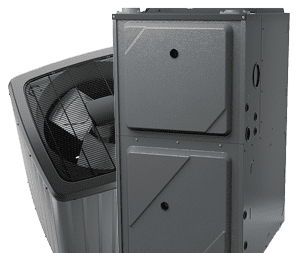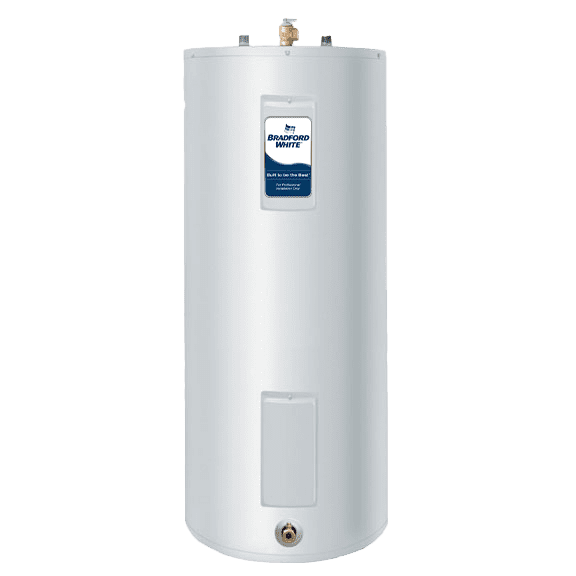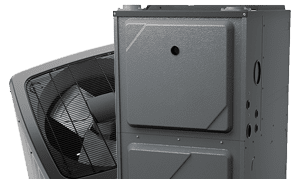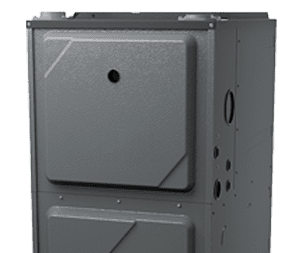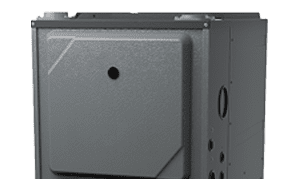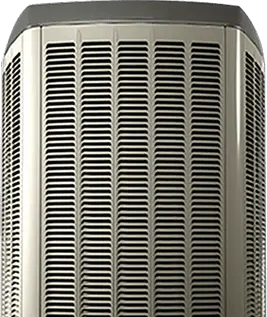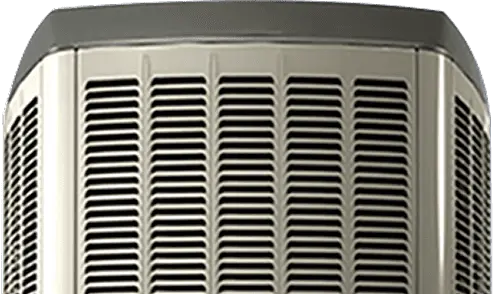Heating and Cooling Services Sault Ste Marie Homeowners Depend On
For more than 40 years, Wardlaw Heating and Cooling has proudly delivered trusted HVAC services that Sault Ste Marie families count on. Since 1981, our licensed technicians have been helping homeowners stay comfortable and energy-efficient through the coldest winters and the hottest summers.
Our experienced, friendly team offers fast response times, reliable service, and lasting solutions tailored to your home’s needs. When it comes to heating and cooling services in Sault Ste Marie, homeowners know they can depend on Wardlaw Heating and Cooling for comfort that lasts.

For more details, read our reviews:
Read our reviewsFind a Home HVAC Technician Near You:
Wardlaw Heating and Cooling proudly serves homeowners across Sault Ste Marie and nearby communities, offering expert heating, cooling, and indoor air quality services you can trust.

We know that time is critical when things go wrong.
At Wardlaw Heating and Cooling, we know that when your furnace breaks down, your air conditioner stops working, or your plumbing springs a leak, every minute matters. That’s why our team is always ready to respond quickly to any HVAC, plumbing, or electrical emergency across Sault Ste Marie and nearby communities. If it’s a weekday, a weekend, or a holiday, you can trust us to arrive within hours of your call.
Our licensed technicians specialize in heating, cooling, plumbing, and electrical services, with the training and hands-on experience needed to fix problems thoroughly and efficiently. From emergency furnace repairs to air conditioning replacements and full plumbing inspections, we tackle every job with precision and care. We understand how disruptive unexpected system failures can be, which is why we work fast, communicate clearly, and deliver solutions that truly last.
Find the Right HVAC Solution
Choosing the right HVAC system for your home doesn’t have to be overwhelming. The expert team at Wardlaw Heating and Cooling will assess your space, discuss your comfort preferences, and recommend energy-efficient options that fit your lifestyle and budget.
Fast Service & Savings
Need service now and want to save in the process? Our responsive team ensures you’re never waiting long, while offering efficient service that helps protect your HVAC investment. Expect timely appointments and practical advice that keeps your home comfortable—and your wallet happy.
Experienced, Skilled & Ready to Help
At Wardlaw Heating and Cooling, experience matters. Our licensed technicians bring decades of expertise working with all makes and models of HVAC equipment. We continuously train on the latest heating, cooling, plumbing, and indoor air quality technologies to ensure we deliver the best possible service to every home we visit.
From small repairs to major installations, Wardlaw Heating and Cooling is your trusted partner for dependable heating, cooling, plumbing, and electrical solutions in Sault Ste Marie and the surrounding communities.
When you need comfort you can count on, we’re ready to deliver.
Ready for fast, reliable service in Sault Ste Marie? Call Wardlaw Heating and Cooling today at (249) 493-0139 or schedule your appointment online.
Schedule a consultation for heating & cooling services in Sault Ste Marie.

Our HVAC Services
Reliable climate control isn’t just about keeping your home comfortable,it’s essential to protecting your family and property during Sault Ste Marie’s extreme weather shifts. At Wardlaw Heating and Cooling, we offer a complete range of heating, cooling, plumbing, and electrical services designed to meet the unique needs of local homeowners.
Our licensed, factory-trained technicians bring decades of experience, advanced training, and a customer-first approach to every project. If you need expert system installation, preventative maintenance, fast repairs, or 24/7 emergency support, we’re here to help keep your home running smoothly and efficiently through every season.
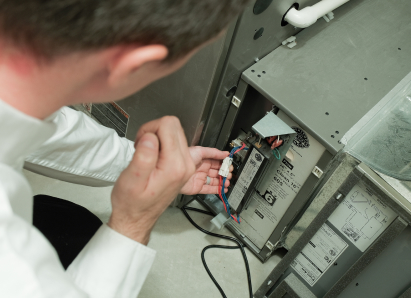
Heating Services
Boilers
Installation, maintenance, and emergency repair of hot water and steam boiler systems for reliable home heating.
Centralized Heating Systems
Complete care for centralized heating systems to ensure even temperature control across your home.
Furnace Installation
Professional furnace sizing and installation for better efficiency, performance, and long-term reliability.
Furnace Repair
Fast and accurate repairs for all furnace types, with 24/7 emergency service when heating failures occur.
Heat Pumps
Installation and upkeep of high-efficiency heat pumps that provide seamless heating and cooling all year.
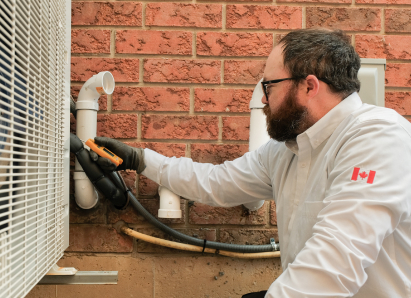
Air Conditioning Services
AC Installation
Expert installation of air conditioning units, properly sized and configured for maximum energy savings.
AC Inspection
Detailed inspections that detect small AC issues early and help prevent unexpected breakdowns.
AC Repair
Same-day repair services for all air conditioner makes and models, restoring cool comfort fast.
Heat Pumps
Year-round heating and cooling solutions with energy-efficient heat pump systems.
UV Air Purifiers
Installation and maintenance of UV air purification systems to improve indoor air quality.
Humidifiers
Whole-home humidifier installation to balance humidity levels for better comfort and air health.

Water Heaters
Water Heater Repairs
Troubleshooting and repairing all types of water heaters to quickly restore reliable hot water.
Water Heater Installation
Full-service installation of energy-efficient tank and tankless water heater systems.

Plumbing Services
Faucets
Faucet repair and replacement services for kitchens, bathrooms, and utility spaces.
Emergency Plumbing Service
24/7 plumbing repairs for urgent leaks, clogs, and water issues.
Kitec Plumbing
Safe replacement of outdated Kitec plumbing with reliable, code-compliant materials.
Plumbing Repairs
Complete plumbing repair services, from minor leaks to major pipe replacements.
Sinks
Installation and servicing of kitchen, bathroom, and laundry sinks.
Sump Pumps
Installation, maintenance, and repair of sump pumps to protect your home from basement flooding.
Toilets
Fast and reliable toilet repairs and new toilet installations with minimal disruption.
Water Quality
Installation of water filtration and softening systems to improve household water quality.
Hydro-Jetting
Powerful cleaning of clogged or slow-moving pipes using high-pressure water jetting.
Sault Ste Marie’s Residential HVAC Experts
40+ Years of Trusted Service and Expertise
Since 1981, Wardlaw Heating and Cooling has proudly provided reliable HVAC solutions to homeowners and businesses across Sault Ste Marie and surrounding areas. Our reputation is built on skilled craftsmanship, dependable service, and a commitment to customer satisfaction. With thousands of successful installations and repairs completed, you can trust our 44 years of experience to keep your property comfortable and running efficiently year-round.
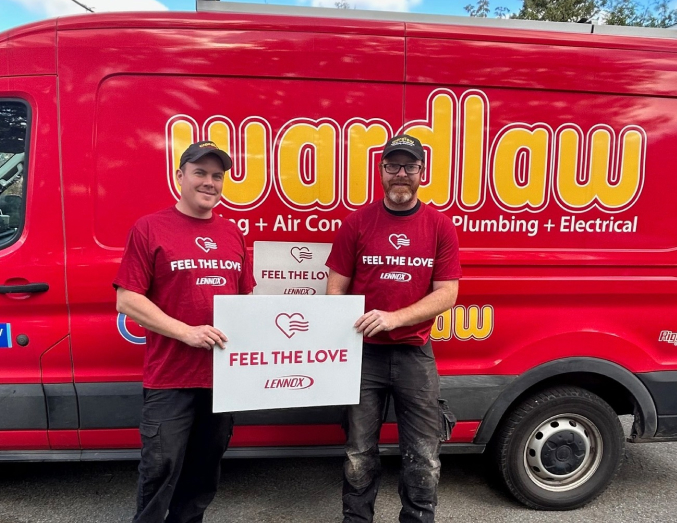
24/7 Emergency HVAC Service
HVAC issues rarely happen at a convenient time, that’s why Wardlaw Heating and Cooling offers 24/7 emergency service across Sault Ste Marie. If your furnace breaks down on a freezing night or your air conditioner quits during a summer heatwave, you can count on us for a fast, professional response. Our emergency technicians are always ready to restore your comfort quickly, no matter the time of day or night.
Certified, Background-Checked Professionals
Every technician at Wardlaw is fully licensed, factory-trained, and background-checked for your safety and peace of mind. We only send qualified, respectful, and professional experts to your home. When you work with us, you can feel confident knowing that your HVAC system is in skilled hands, and that we’ll treat your home with the care and attention it deserves.
Upfront, No-Surprise Pricing
At Wardlaw Heating and Cooling, transparency is part of our service promise. Before any work begins, we provide clear, detailed estimates that explain everything you’re paying for. There are no hidden charges, no surprise add-ons,just fair, straightforward pricing that reflects our respect for your home and your budget.
Satisfaction Guaranteed
We take pride in the quality of our work and stand behind every installation, repair, and maintenance service we provide. If, within the warranty period, you’re not fully satisfied with the results, we’ll come back and address it quickly.
Complete Home Comfort Solutions
Wardlaw Heating and Cooling offers a full range of services beyond HVAC. From plumbing and electrical work to indoor air quality solutions and water systems, we’re here to help you maintain total comfort in your home. Our integrated service approach means that every system in your house,from heating and cooling to water and air,works better together for maximum efficiency and comfort.
Hear from Sault Ste Marie Homeowners Who Choose Our HVAC Services
From booking the appointment to completing the service, the whole process was smooth and well organized. It’s clear the team truly values quality workmanship and customer satisfaction.
Highly recommend Wardlaw Heating & Air Conditioning to anyone looking for reliable and honest HVAC service!
An email reminder that the annual maintenance is due would be helpful in future. For the last 2 years winter has come early and this year I have had to keep a path to my crawl space cleared through snowbanks for 2 months to make it accessible to you, only to have the booked appointments cancelled by you at the last minute. I am a 75 year old woman living alone and this has been a hard chore for me.
Mark was professional, and showed knowledge about the equipment he was working on. He was able to diagnose and fix the issue with my furnace quickly!
